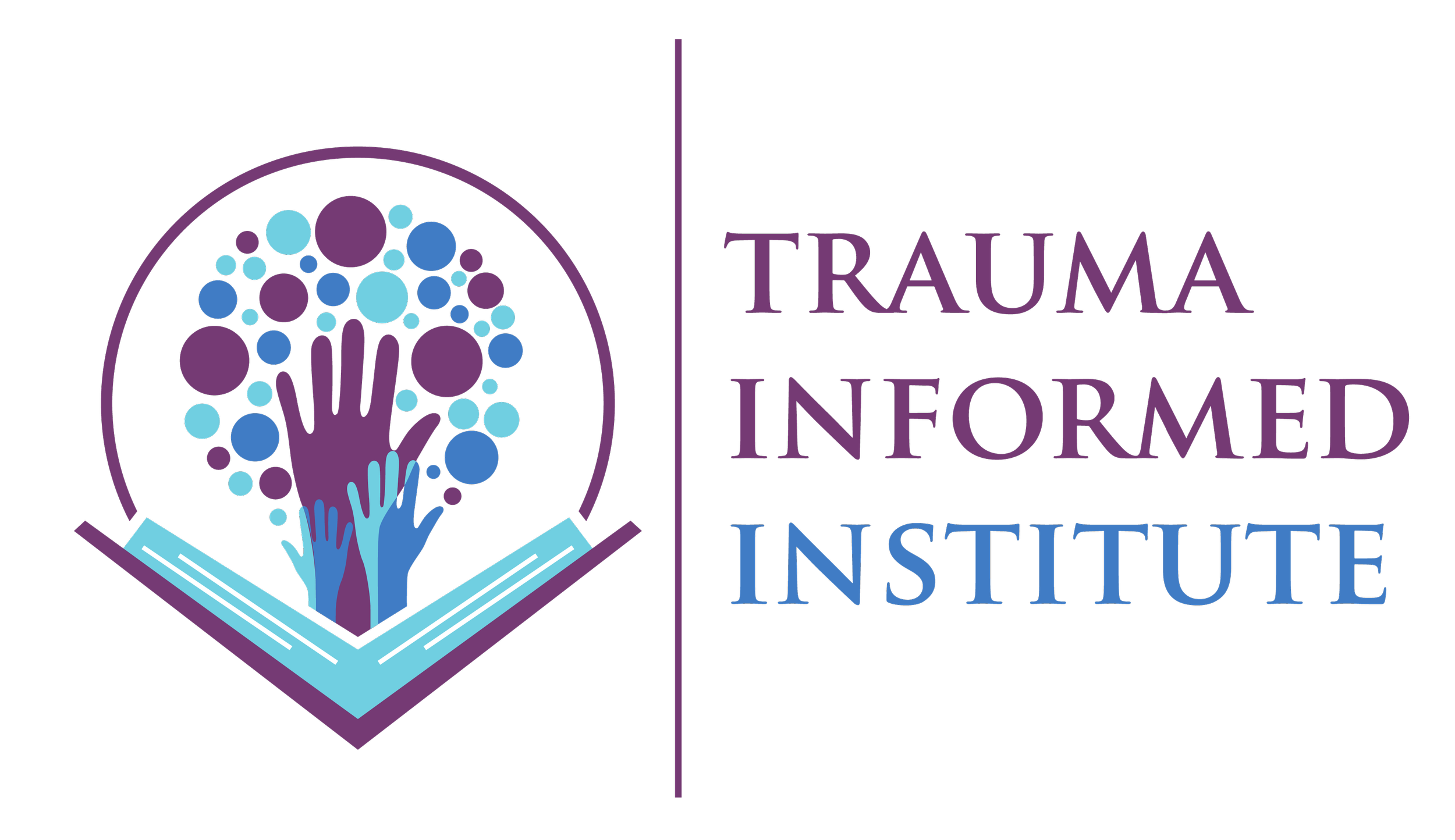Toxic stress is a form of stress that many are unaware of or misunderstood about. The term toxic stress was introduced by the Center on the Developing Child at Harvard University. According to their work, toxic stress responses can occur when a child experiences strong, frequent, and/or prolonged adversity—such as physical or emotional abuse, chronic neglect, caregiver substance abuse or mental illness, exposure to violence, and/or the accumulated burdens of family economic hardship—without adequate adult support. This kind of prolonged activation of the stress response systems can disrupt the development of brain architecture and other organ systems, and increase the risk for stress-related disease and cognitive impairment, well into the adult years.
So what does toxic stress look like in the workplace?
WebMD points out through surveys that 40% of U.S. workers admit to experiencing office stress, and 25% say work is the biggest source of stress in their lives. This data mirrors our findings from our company training evaluations. We asked 100+ folks to share their top 2 stressors. Work was number 1 and family and finances tied for number 2.
So what does this tell us? That work in itself is toxic. It is something we are all forced to do to live and survive, and it often requires us to neglect other important parts of our life such as family. Some say that this has shifted due to COVID and working from home, and while some things have improved, what hasn't changed is how much work controls our lives and how little we exercise our right to speak up and/or change it.
Toxic stress in the workplace looks like employees are having continued stressors activated by:
If an employee is experiencing one or more of these stressors every single day, without proper support to help them navigate through it, they will suffer from toxic stress. Toxic stress can lead to a worrisome life of health issues and family dysfunction.
What's important to understand is that not all stress is toxic stress. The Center on the Developing Child at Harvard University breaks down two other types of stress:
"Positive stress response is a normal and essential part of healthy development, characterized by brief increases in heart rate and mild elevations in hormone levels. Some situations that might trigger a positive stress response are the first day with a new caregiver or receiving an injected immunization.
Tolerable stress response activates the body's alert systems to a greater degree as a result of more severe, longer-lasting difficulties, such as the loss of a loved one, a natural disaster, or a frightening injury. If the activation is time-limited and buffered by relationships with adults who help the child adapt, the brain and other organs recover from what might otherwise be damaging effects."
STOP now!
Set more humanistic expectations for yourself. We often set goals and boundaries based on achieving more or being more productive. Instead, reframe boundaries, goals, and expectations to allow you to be more of who you are.
Translate stress into learning opportunities or signs that you need support. While stress is a part of life, what we do when we experience it is the most important.
Orient yourself in the physical spaces you are in during breaks while working. Most of us are glued to a computer throughout the day and rarely ever take time to notice the rooms, coffee shops, or other environments we are in. Simply take your eyes off the computer screen and look around. Notice, shapes, colors, and people. This will help decrease the negative impact of stress.
Prioritize wellness over anything. Practice being more resilient, engage in some mindfulness exercises, do short routine workouts, and try attending or requesting workshops by Trauma Informed Institute, LLC to learn more.
Many companies are now aware of this and have started embracing the idea of creating a trauma-informed workplace. But you can start with YOU today!
Connect with our team to learn more about trauma-informed approaches and wellness or engage with us online.
To learn more, book a coaching consultation or request trauma-informed training with us today!





